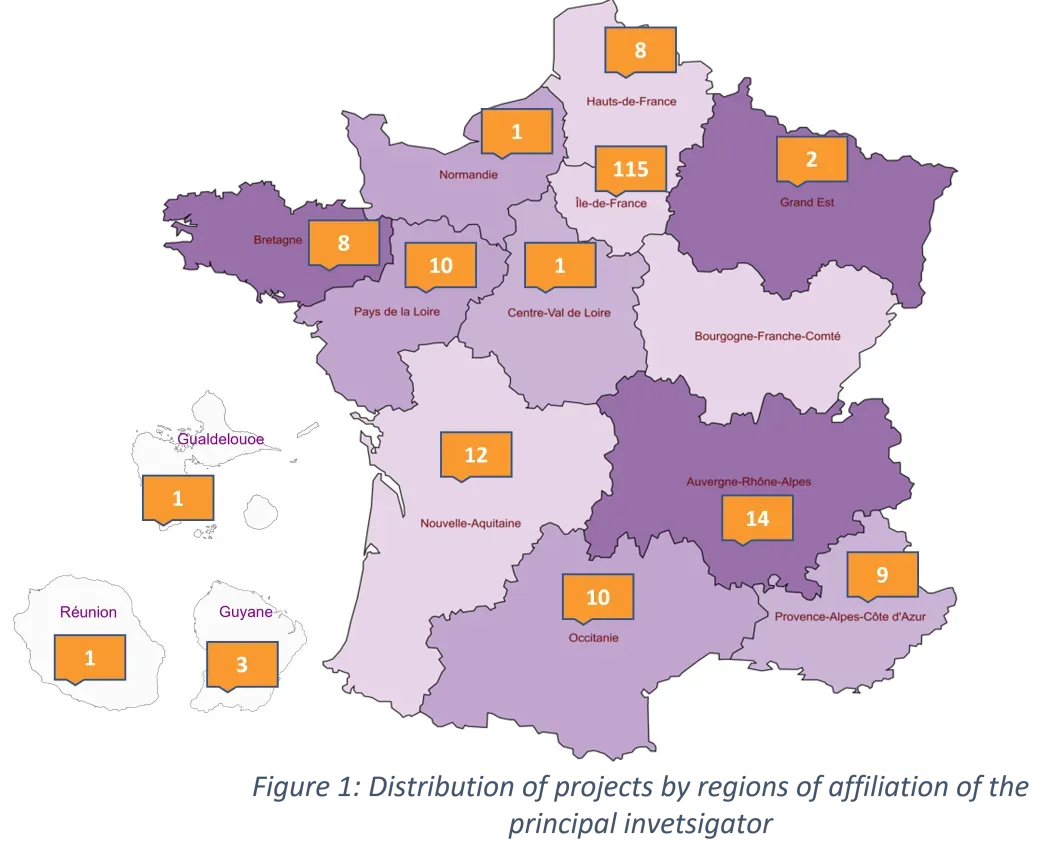Un centre participant m'a proposé cette étude, quels sont mes droits ?
Vous êtes libre de refuser de participer à la recherche sans avoir à vous justifier et sans que la relation de soin existant avec l’équipe médicale ne soit altérée.
Vous n’êtes pas obligé de nous donner votre décision tout de suite ; vous disposez du temps que vous estimez nécessaire pour prendre votre décision.
En cas d’acceptation, vous pourrez revenir sur votre décision et retirer votre acceptation à tout moment, sans avoir à se justifier et sans que cela ne modifie la qualité des soins auxquels vous avez droit. Le traitement des données est basé sur le fondement de l’intérêt public.
Dans le cadre de la recherche, un traitement de vos données personnelles sera mis en œuvre pour permettre d’analyser les résultats de l’étude au regard de l’objectif de cette dernière qui vous a été présenté.
A cette fin, les données médicales vous concernant ou tout autre type de données existantes pourront être transmises au Promoteur de la recherche ou aux personnes ou société agissant pour son compte ou menant des projets de recherche conjoints, en France ou à l’étranger, y compris en dehors de l’Union Européenne à condition que le pays de destination soit reconnu par les autorités françaises comme assurant un niveau de protection des données suffisant et approprié. Aucune donnée susceptible de vous identifier directement ne sera transmise. Vos données seront pseudonymisées, c’est-à-dire qu’elles seront identifiées par un numéro de code et vos initiales. Ces données pourront également, dans des conditions assurant leur confidentialité, être transmises aux autorités de santé françaises et étrangères.
Conformément aux dispositions de la loi n° 78-17 du 6 janvier 1978 modifiée relative à l’informatique, aux fichiers et aux libertés, et au règlement européen sur la protection des données personnelles (2016/679), vous disposez des droits suivants :
Droit d’accès : Vous pouvez à tout moment obtenir au cours ou à l’issue de la recherche, communication de vos données de santé détenues par l’investigateur ou, le cas échéant, par le médecin qui le représente. (article 12 RGPD).
Droit à l'information : Vous disposez d'un droit d'information sur les données personnelles vous concernant collectées, traitées ou, le cas échéant, transmises à des tiers (article 15 RGPD).
Droit à la rectification : Vous avez le droit de demander la correction des données personnelles incorrectes vous concernant (articles 16 et 19 RGPD).
Droit d’effacement : Vous avez le droit de demander l’effacement des données personnelles vous concernant uniquement si ces données ne sont plus nécessaires aux fins pour lesquelles elles ont été collectées (articles 17 et 19 de la RGPD).
Droit à la limitation du traitement : Sous certaines conditions, vous avez le droit de demander une limitation du traitement. Dans ce cas, vos données pourront uniquement être stockées mais pas utilisées dans le cadre du traitement.
Droit d’opposition : Vous avez le droit de vous opposer à tout moment au traitement de vos données personnelles (article 21 RGPD). Le traitement est alors arrêté par le promoteur, sauf motifs légitimes et impérieux, ou pour la constatation, l'exercice ou la défense de droits en justice.
Pour exercer l'un de ces droits, vous pouvez contacter le médecin investigateur de l’étude ou le délégué à la protection des données du promoteur (DPO).Vous avez également le droit de déposer une plainte auprès de la Commission Nationale Informatique et Libertés (CNIL) si vous estimez que le traitement de vos données personnelles est réalisé en violation de vos droits.
Contact Délégué à la Protection des Données (DPO)
CHU de Lille
2 avenue Oscar Lambret
59037 LILLECEDEX
DPO@chru-lille.fr
Contact CNIL
Commission Nationale de l'Informatique et des Libertés
Adresse postale
3 Place de Fontenoy
TSA 80715
75334 PARIS CEDEX 07
https://www.cnil.fr/fr/plaintes
Si vous le souhaitez, vous obtiendrez communication des résultats globaux de l’étude à la fin de celle-ci, il vous suffira d’adresser un courrier précisant vos coordonnées au Docteur AUMAR, unité de gastroentérologie, hépatologie et nutrition pédiatrique, Hôpital Jeanne de Flandre, CHU de Lille, Avenue Eugène Avinée, 59037 Lille cedex.
Vous n’aurez à supporter aucune charge financière supplémentaire du fait de votre participation à cette étude.
